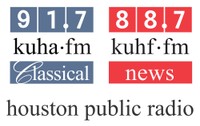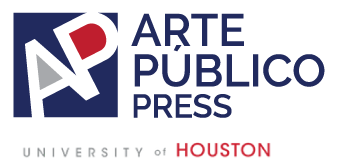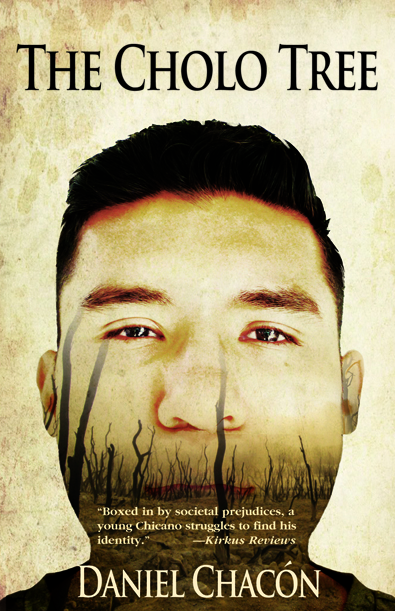 Arte Público Press Author Daniel Chacón featured on Houston Public Media
Arte Público Press Author Daniel Chacón featured on Houston Public Media
Houston Public Media radio host Eric Ladau interviewed Chacón for its website’s “Arte Público Press Authors” feature, and along with the transcript, their conversation is available to listeners on the station’s interactive site through on-demand audio streaming here.
Click here to see all Arte Público authors featured on Houston Public Media.
About the Author:
 DANIEL CHACÓN is the author of two collections of short fiction, Hotel Juárez: Stories, Rooms and Loops (2013), and Chicano Chicanery (2000). His collection, Hotel Juárez, won the 2014 PEN Oakland-Josephine Miles Award for Excellence in Literature and the 2014 Tejas Foco Fiction Award, and was a finalist for the 2014 Balcones Fiction Prize. The New York Times Book Review praised Chicano Chicanery: “Although a collection of short stories, this book is A Portrait of the Chicano Artist as a Young Man.” A native of California, Daniel Chacón teaches in the English Department at the University of Texas at El Paso.
DANIEL CHACÓN is the author of two collections of short fiction, Hotel Juárez: Stories, Rooms and Loops (2013), and Chicano Chicanery (2000). His collection, Hotel Juárez, won the 2014 PEN Oakland-Josephine Miles Award for Excellence in Literature and the 2014 Tejas Foco Fiction Award, and was a finalist for the 2014 Balcones Fiction Prize. The New York Times Book Review praised Chicano Chicanery: “Although a collection of short stories, this book is A Portrait of the Chicano Artist as a Young Man.” A native of California, Daniel Chacón teaches in the English Department at the University of Texas at El Paso.
About his new book, The Cholo Tree
“Do you know what a stereotype you are?” Jessica asks her son. “You’re the existential Chicano.” Fourteen-year-old Victor has just been released from the hospital; his chest is wrapped in bandages and his arm is in a sling. He has barely survived being shot, and his mother accuses him of being a cholo, something he denies.
She’s not the only adult that thinks he’s a gangbanger. His sociology teacher once sent him to a teach-in on gang violence. Victor’s philosophy is that everyone is racist. “They see a brown kid, they see a banger.” Even other kids think he’s in a gang, maybe because of the clothes he wears. The truth is, he loves death (metal, that is), reading books, drawing, the cartoonist Lalo Alcaraz and the Showtime series Weeds. He likes school and cooking. He knows what a double negative is!
But he can’t convince his mom that he’s not in a gang. And in spite of a genius girlfriend and an art teacher who mentors and encourages him to apply to art schools, Victor can’t seem to overcome society’s expectations for him.
In this compelling novel, renowned Chicano writer Daniel Chacón once again explores art, death, ethnicity, and racism. Are Chicanos meant for meth houses instead of art schools? Are talented Chicanos never destined to study in Paris?





